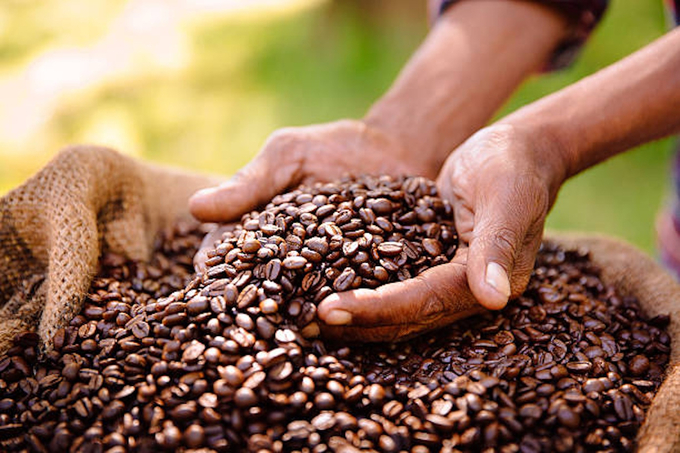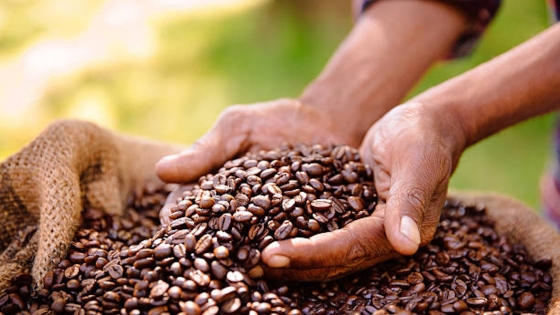(VAN) Traders are racing to import as much coffee as possible into Europe before the European Union Deforestation Regulation (EUDR) takes effect at the end of 2024.

Under the EUDR, only legal, deforestation-free products will be allowed for export to the EU.
Europe’s coffee supply heavily depends on millions of smallholder farmers worldwide, making ensuring every shipment meets these stringent new regulations is a significant challenge.
According to Bloomberg, traders are racing to bring in as much coffee as possible before the EUDR goes into effect on December 30, 2024. After 2024, coffee imports into Europe are expected to decline as exporting countries must comply with traceability requirements, potentially driving up global coffee prices.
In the first seven months of 2024, coffee exports from Brazil to the EU surged by about 65% compared to the same period last year.
Meanwhile, Uganda is emerging as a key supplier of Robusta coffee to Europe after supplies from Vietnam – the world’s largest Robusta producer – dropped sharply due to dry weather conditions. Uganda has reached record-high coffee export levels, with the majority of its shipments headed to Europe.
Cameroon is also moving quickly to meet traceability requirements, with about 80% of its cocoa and coffee production now compliant with the EUDR, according to Reuters. This includes cocoa farms that have been geo-referenced by operators to confirm that their cultivation areas have not caused deforestation or land degradation since December 31, 2020.
European roasters are rushing to stockpile coffee in anticipation of a potential supply shortage in the first quarter of 2025, says Ricardo Dos Santos, senior director of UK coffee supplier Riccoffee. Traders are pushing to ship as much coffee as they can to Europe before the EUDR’s enforcement, as uncertainty looms with the EC yet to finalize all the details of the regulation’s implementation, according to Holger Preibisch, director of the German Coffee Association.
Agriculture News | Agri Products Price



